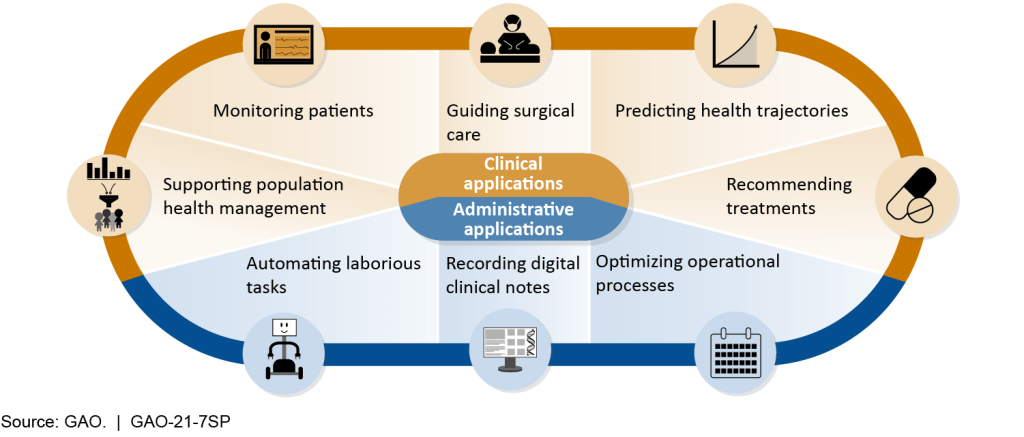In recent years, a remarkable transformation has been unfolding across industries and sectors around the world. The growing accessibility of public data and the expanding potential of artificial intelligence (AI) are the two powerful forces combining to drive this transformation. Together, they are ushering in a new era of innovation and progress, offering unprecedented opportunities to enhance our lives and address some of society’s most pressing challenges.
The Rise of Public Data
The digital age has witnessed an explosive growth in data generation. Thanks to the internet, social media, mobile devices, and countless other sources, an unprecedented volume of data is being created daily. This data is diverse, encompassing information from consumer behaviour to weather patterns, healthcare records, and traffic flows.
Why is public data important?
Public data serves as the cornerstone of a transparent, informed, and democratic society, so citizens need to be interested in and involved with public data. As citizens, we should care about public data because it not only empowers us to make better decisions in our personal lives but also enables us to engage in and be part of the democratic process, advocate for change, and contribute to the betterment of our communities and the nation as a whole. The term “big data” has become a commonplace term to describe this ever-expanding digital universe. A significant portion of this data is in the public domain, freely accessible to anyone who seeks it. Governments, research institutions, and organizations have recognized the value of sharing data for various purposes, from transparency to research and innovation. This wealth of public data has provided fertile ground for AI applications.
AI’s Transformative Potential
Artificial intelligence has evolved significantly, driven by advancements in machine learning, deep learning, and natural language processing. AI models are now capable of processing and making sense of vast amounts of data at a speed and scale that would be impossible for humans. They can recognize patterns, make predictions, and automate tasks with remarkable accuracy. With the proliferation of AI, it has become significantly easier to incorporate AI into our everyday lives, both on an individual and public level.
Here are some ways the government employs AI in different sectors:
Healthcare
AI models analyze public health data to predict disease outbreaks, optimize patient care, and discover new treatment options. Data from wearable devices, electronic health records, and clinical trials are being harnessed to improve healthcare outcomes. The U.S. federal government is ramping up its use of digital solutions and data mining to combat healthcare fraud. This involves increasing the number of prosecutors and FBI agents at the Department of Justice and the Department of Health and Human Services harnessing advanced AI and machine learning to detect ‘fraud, waste, and abuse’ in the healthcare sector.
Education
AI-powered tools analyze educational data to personalize learning experiences, identify at-risk students, and improve teaching methods. Public education data is leveraged to make data-driven decisions in school systems.
Government and Policy
AI models analyze public data on demographics, social issues, and economic trends to inform policy-making and resource allocation. This ensures that government decisions are data-driven and responsive to the needs of the public.
Challenges and Ethical Considerations
While AI and public data fusion are promising, they are not without challenges. Data privacy and security remain paramount concerns in the debates around the use of Artificial Intelligence. Therefore, protecting personal information and ensuring that data is used responsibly is essential to protecting the civil rights of people. Additionally, there is a need for transparency and fairness in AI algorithms to avoid perpetuating biases that may exist in public data. In response to the growing uneasiness surrounding the use of AI and its implications, President Joe Biden released the Blueprint for an AI Bill of Rights to protect the civil and democratic rights of people. Although it is important for the government to create safeguards such as regulations, transparency and accountability, data privacy, and security for its people, it is just as equally important for us as individuals to ensure that we are using AI responsibly by not sharing and using sensitive information during our interactions with AI platforms. This way, we can embrace the usefulness of AI in our lives and protect our privacy.
Written by Rebecca Nzerem
